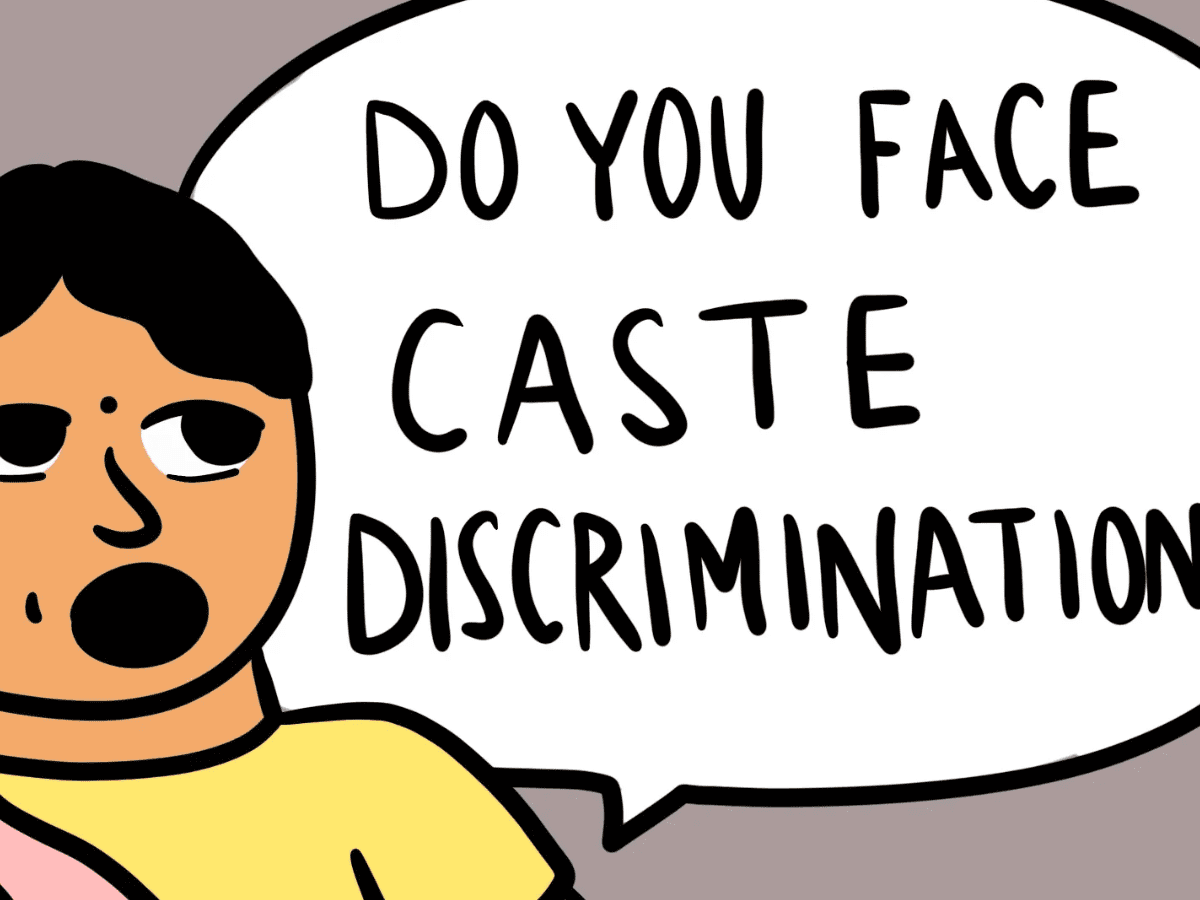
Guwahati: Political patronage of forces that fuel casteism, and growing intolerance and hatred towards other castes and religions are barriers to effectively forming an egalitarian society, according to social observers of Assam.
Education in the real sense of the term and not degrees, and steadfast efforts to eliminate socio-cultural inequalities are required to create an environment of support and positive societal narrative, they said.
Instances of families being pushed to the periphery of the society over caste issues abound in different parts of Assam, though it took the incident of a person being deprived of proper last rites due to his inter-caste marriage to bring the matter up for discussion among people.
Earlier this month, the buried body of a 65-year-old villager was exhumed and cremated as per Hindu rituals by the Darrang district authorities days after his death, as locals refused to help his family with cremation due to social ostracisation owing to his inter-caste marriage 27 years ago.
The body of Umesh Sarma had to be buried initially as it was only his brother who came forward to help the widow with the last rites. The deceased had married a woman belonging to a ‘lower caste’.
Sarma’s wife, Pranita Devi, claimed that the family has been ostracised ever since her marriage and though they were allowed’ to mingle with their neighbours on normal days, they are treated as near untouchables’ at social functions.
Dr Pallavi Deka, who teaches Political Science at Handique Girls’ College, Guwahati, asserted that the Darrang incident is not an isolated one.
The worry is that we often boast of not being so casteist here in this part of India. But that is a farce, she said.
Casteism is as real in the state as religious fanaticism is in the country, with both phenomena growing and intolerance being heightened, Deka claimed.
She sounded sceptical about any early solution as intolerance and hatred have become political propaganda .
Sushanta Talukdar, the editor of online magazine nezine.com, also said, Prevalence of an egalitarian society in Assam is a myth.
He, however, hastened to add that examples of inter-caste and inter-religious marriage being accepted in many households are also there.
While time heals the scars in most of these cases, a coordinated attempt to keep people divided along caste lines has also been at work, Talukdar claimed.
He said, Political patronage to such regressive forces has exposed the fault lines, which, if not checked, will bring the efforts by progressive people to build an inclusive society that will also be egalitarian to a complete halt.
According to Jayanta Kumar Sarma, professor and director of Bhupen Hazarika School of Mass Communication, KK Handiqui State Open University, casteism is akin to class struggle.
Casteism and class struggle are real. But painting all members of a community with the same brush will be wrong, he said.
Dr Pronami Bhattacharyya, an assistant professor at Royal Global University here, pointed out that caste issues cannot be perceived on a daily basis but come to the fore in the Assamese society during marriages.
However, unlike other regions of the country, marriages in Assam do see a combination of rigidity and flexibility. Families initially object to an inter-caste marriage but many of them later accept it, she said.
The marriage of Hemen Sarma is a case in point.
Hemen Sarma, who tied the knot with a woman of a lower caste’ about eight years ago, said, We were not ostracised but my family initially barred us from visiting them. It is only about a year ago that we have been allowed to stay with my family.
My family is based in Guwahati city. We had been raised in a secular atmosphere, but when it came to accepting my wife, things got changed. I couldn’t understand what went wrong, Hemen said.
His in-laws had welcomed the couple at their home since their wedding, just as deceased Umesh Sarma’s in-laws had continued to maintain relations with their daughter and her new family.
The so-called lower caste families accept inter-caste marriage as they see it as social upliftment, Hemen said.
For Ankurita Das and her extended family, the cause for social ostracisation’ was their embracing a different sect of Hinduism, which does not believe in the Brahmanical rituals.
Ankurita said her parents and families of her uncles shifted allegiance to the new sect about 20 years ago and were immediately barred from attending any public function in their locality in a village in Bajali district.
My grandmother had died soon after the incident and our neighbours did not help us with the cremation. As we have a large family and other villagers helped us, we could ensure proper cremation and other rituals, said Ankurita, a school teacher, who was a teenager then.
However, the state of alienation decreased gradually and now the neighbours attend functions at their homes, she added.



